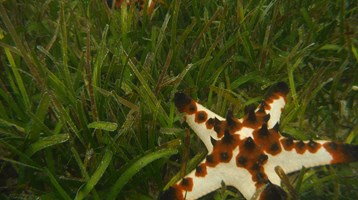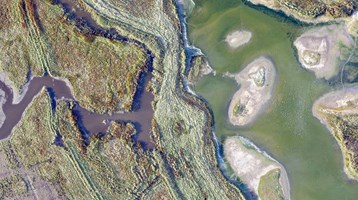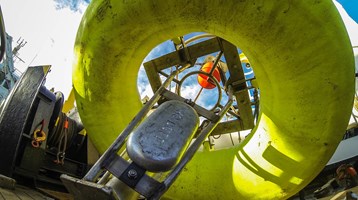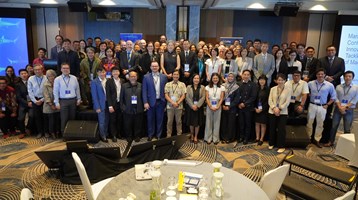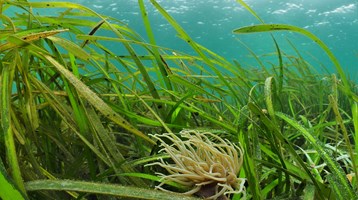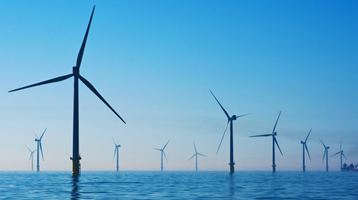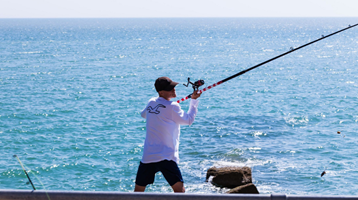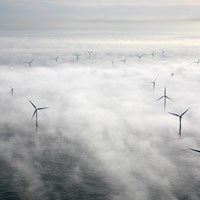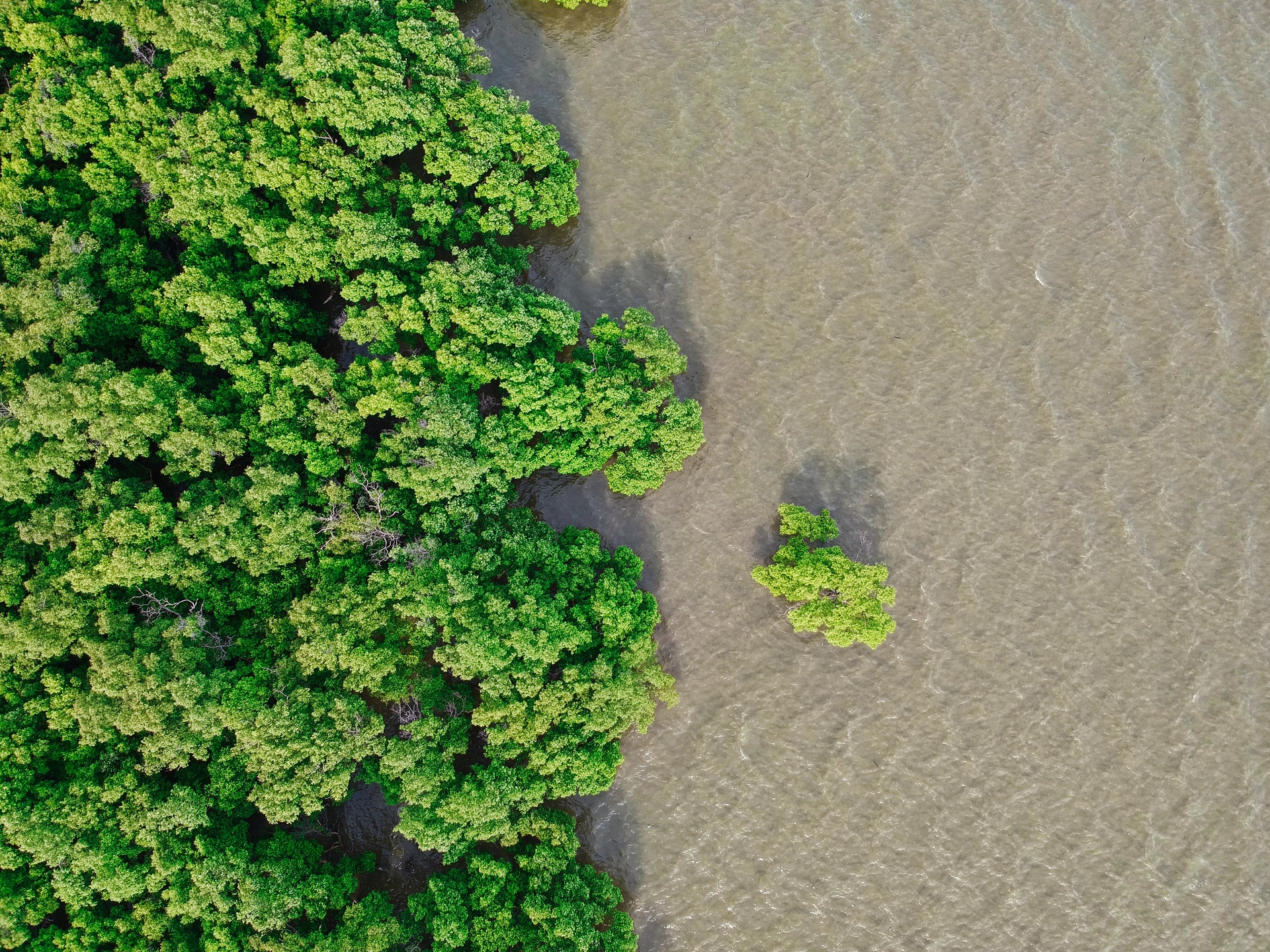
Valuing nature
Assessing and communicating the value of the sea
We assess the value of coastal and marine ecosystems and the benefits that they provide to nature and society. Our work ensures that decision-makers have the best quality information to sustainably manage environmental and socio-economic resources.

Our economists and natural scientists work together to provide solutions to complex cross-disciplinary questions. Our expertise in environmental, fisheries and institutional economics is applied to analyse the value, use, protection and management of our coasts and seas. We model the present and future state of the environment, fisheries and aquaculture, by integrating climate change economic, ecological, chemical, and human wellbeing data. We make use of economic and biogeochemistry data to assess and value environmental ‘regulating services’ such as water quality, coastal protection, waste remediation, and carbon sequestration ( Blue Carbon) in coastal and marine environments. We provide assessment and valuation of cultural services, such as sustainable tourism practices, using both economic and social sciences techniques. We also assess the economic implications of invasive non-native species and the impact of plant and animal species blooms.
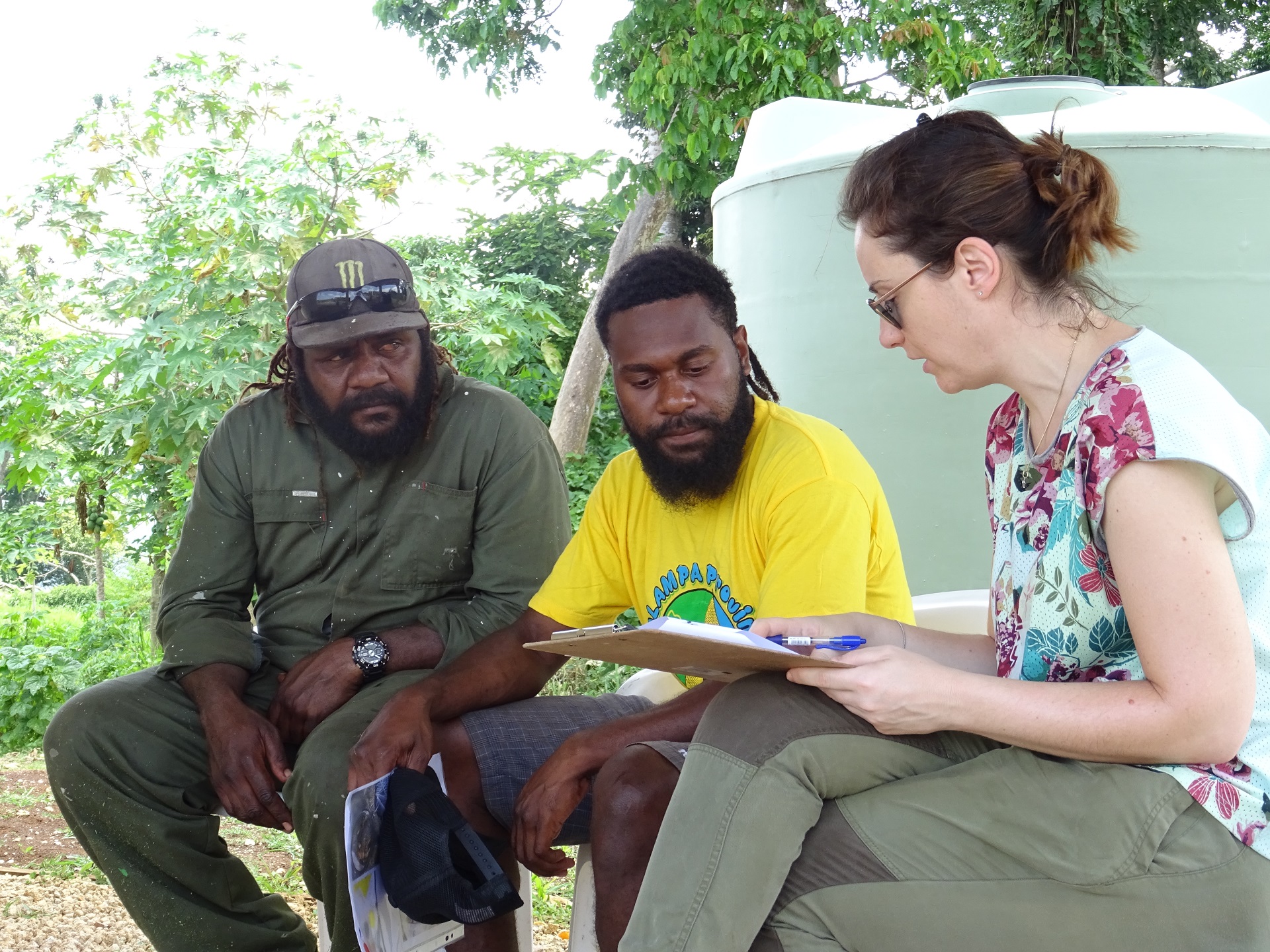
At home and abroad, we work with other academic and private institutions, governmental organisations and industry. In recent years, we have applied our expertise within Commonwealth Small Island Developing States and the UK Overseas Territories, through the UK government’s Commonwealth Marine Economies and Blue Belt Programmes, respectively. We provide capacity building courses on ecosystem services assessment and valuation as well as survey-based techniques. We operate in country but also remotely making use of online platforms for our individual and socio-economic surveys. We make use of tools like geographic information systems (GIS) for our economic spatial analysis.
Our expertise in environmental, fisheries and institutional economics is applied to analyse the value, use, protection and management of our coasts and seas
Our economists provide a wide range of economic analysis for the coastal and marine environment, including:
- ecosystem services assessment and valuation
- national natural capital accounting
- subjective wellbeing analysis and individual preferences’ surveys (including willingness to pay studies) and social surveys (such as investigation of gender equality and poverty issues)
- fisheries economics and management including fisheries certification and parametric insurance analysis
- impact evaluations and impact assessment analysis including cost-benefit analysis
- other decision making and policy analysis tools and frameworks like multi-criterial analysis and the Driver-Pressure-State-Impact-Response (DPSIR) framework, for example, for the analysis and evaluation of marine spatial planning options e.g. Marine Protected Areas and impacts


